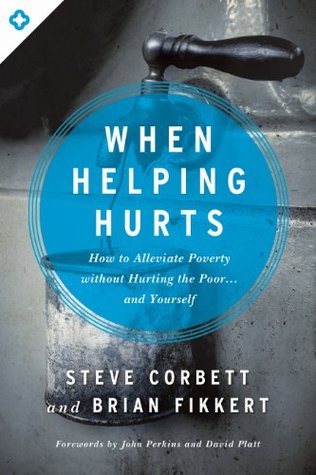More on this book
Community
Kindle Notes & Highlights
Started reading
September 27, 2018
Jesus’ deeds were essential to proving that He truly was the promised Messiah. Jesus preached the good news of the kingdom, and He showed the good news of the kingdom.
Hear the word of the Lord, you rulers of Sodom; listen to the law of our God, you people of Gomorrah! “The multitude of your sacrifices—what are they to me?” says the Lord. “I have more
than enough of burnt offerings, of rams and the fat of fattened animals; I have no pleasure in the blood of bulls and lambs and goats. When you come to appear before me, who has asked this of you, this trampling of my courts? Stop bringing meaningless offerings! Your incense is detestable to me. New Moons, Sabbaths, and convocations—I cannot bear your evil assemblies…. Stop doing wrong, learn to do right! Seek justice, encourage the oppressed. Defend the cause of the fatherless, plead the case of the widow. (Isa. 1:10–13, 16b–17) Shout it aloud, do not hold back. Raise your voice like a
...more
This highlight has been truncated due to consecutive passage length restrictions.
Israelites getting out of bed every morning and running off to the nearest shrine to worship idols. Indeed, numerous passages in the Old Testament indicate that idolatry was a problem in Israel. But these passages give a broader picture. Here Israel appears to be characterized by personal piety and the outward expressions of formal religion: worshiping, offering sacrifices, celebrating religious holidays, fasting, and praying. Translate this into the modern era, and we might say these folks were faithfully going to church each Sunday, attending midweek prayer meeting, going on the annual
...more
This highlight has been truncated due to consecutive passage length restrictions.
While poor people mention having a lack of material things, they tend to describe their condition in far more psychological and social terms than our North American audiences. Poor people typically talk in terms of shame, inferiority, powerlessness, humiliation, fear, hopelessness, depression, social isolation, and voicelessness. North American audiences tend to emphasize a lack of material things such as food, money, clean water, medicine, housing, etc.


